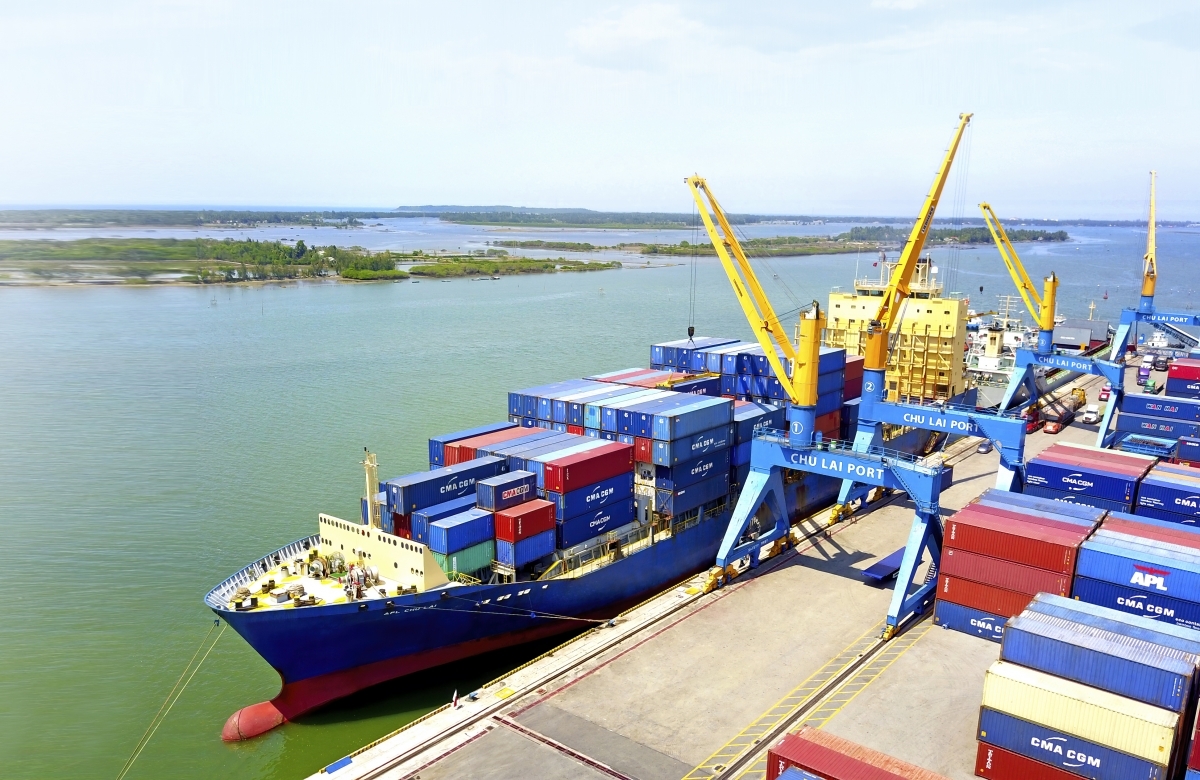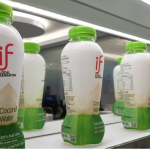Total number of posts 463.
 The EU-Vietnam Free Trade Agreement (EVFTA) that went into effect in August 2020 will open up many opportunities for Vietnamese exporters in the post-pandemic period. However, they need to receive more support from ministries and departments to help them take full advantage of the trade deal.
The EU-Vietnam Free Trade Agreement (EVFTA) that went into effect in August 2020 will open up many opportunities for Vietnamese exporters in the post-pandemic period. However, they need to receive more support from ministries and departments to help them take full advantage of the trade deal.
Opening up opportunities
The EVFTA provides not only leverage to promote bilateral trade but also an advantage for the business communities of Vietnam and the EU in the context of the Covid-19 impact on the global economy and trade.
According to the General Department of Vietnam Customs, in the first year of EVFTA implementation, two-way trade reached US$54.87 billion. Despite the resurgence of the Covid-19 pandemic in April, in the first nine months of 2021, the figure reached US$41.3 billion, an increase of 13.4 percent compared to a year ago.
At the Vietnam-EU Trade Forum, titled “EVFTA - Leverage for trade and investment cooperation in the new normal” held in late October, Deputy Minister of Industry and Trade Dang Hoang An said more and more businesses have taken advantage of EVFTA incentives by using preferential certificates of origin (C/Os). According to the Ministry of Industry and Trade, in the first year of EVFTA implementation, authorized agencies and organizations granted about 207,682 sets of C/Os worth US$7.71 billion, enabling exports of Vietnamese products to 27 EU countries. In addition, businesses exporting goods to the EU self-certified the origin of goods for more than 6,115 consignments to enjoy preferential tariffs under the EVFTA.
Vietnamese Trade Counselor in Belgium Tran Ngoc Quan said the world economy is forecast to rebound to pre-pandemic levels by June 2022. The food and chemical sectors will grow strongly, while the garment and textile and automobile industries will grow at a moderate rate. Digital and health services will resume growth and become more stable. The EU’s economic recovery period will offer an opportunity for rapid trade turnover growth between Vietnam and the EU.
More support needed
Several tonnes of lychees from the northern province of Bac Giang have been exported to Europe via Viettel Post’s Vo So e-commerce platform, marking the first time Vietnam’s agricultural products have been shipped to Europe through the cross-border e-commerce model on an e-commerce platform developed and operated by the Southeast Asian nation.
Cao Cam Linh, strategy director of the Viettel Post Corporation, said Viettel Post had cherished hopes of a cross-border e-commerce platform for a long time, but failed twice because it did not meet the appropriate standards. If Vietnam can meet the standards for farm produce exports, other goods will have an opportunity, Linh added.
Linh suggested ministries, departments and agencies work together with e-commerce platforms to guide cooperatives and enterprises in updating their business methods to catch up with new trends and improve competitiveness.
|
Vietnam has become the EU’s largest commodity trade partner in ASEAN just one year after the EVFTA took effect, with bilateral trade reaching EUR43.2 billion, according to Eurostat. |
Source: Viet Nam Economic News
Source: Viet Nam Economic News














